Natural remedies for coping with Stress

As April draws to a close, we have been reflecting on Stress awareness month and wanted to write some content around the topic of stress. As a nation, we are experiencing more stress in our lives than ever, some related to the recent pandemic and some due to the increased strain that is often put upon us or that we put upon ourselves!
With this in mind, we wanted to focus on the benefits of our Stress Tea and the natural remedies within this great herbal tea. Plus, dig down deeper into the topic of stress – what happens in the body when we are stressed over an elongated period of time, how stress manifests and how you can help deal with the effects of stress – such as anxiety, insomnia, digestive issues and imbalances in the body.
Ultimately it all comes down to our lifestyle and everyone is different in terms of how much stress they can take on and how they can eliminate it or start to make changes to reduce it. Sadly, some of us spend much of our lives feeling stressed – some of this is out of our control and some of it we could more ownership of – stress can come from one aspect of our life or from many – either way it is usually relationships, work, money, health and family that contribute together or individually to create stress.
So, what can we practically do to help ourselves reduce our stress levels and start feeling more relaxed? What natural remedies are useful in reducing stress? What herbal elements have active components to help reduce stress?
Stress is an important topic, particularly as being stressed for longer periods of time can start to cause real harm in the body, which can lead to oxidative stress and a build-up of health problems, contributed by increasing free radicals in the body, which if left to build can do serious damage to our physical health. This is alongside the mental damage that is done by feeling in a constant state of stress, which in turn can leave us feeling burnt out, working on overdrive mode, super exhausted, sleep-deprived, anxious, nauseous, unable to relax, etc.
What is oxidative stress?
When stress builds up in the body over time free radicals increase and the molecules start robbing other cells of their electrons – causing damage and eventually disease if the levels become too high in the body. The body needs a balance of free radicals (which help the immune system fight infection) and antioxidants, but when free radicals become too high and outnumber antioxidants, then this is known as oxidative stress.
Studies show that there is a direct link with oxidative stress and anxiety and further studies are still being carried out. Interestingly, scientists have found that diazepam, a well-known anxiolytic, does not fully reverse oxidative stress-related anxiety, but antioxidants might play a role in the prevention or reduction of high anxiety.
What are antioxidants?
Antioxidants are molecules that fight free radicals when the levels become too high in the body. They are essential to keep the balance in the body and eating a balanced and varied healthy diet helps boost your anti-oxidant levels.
What are the best dietary antioxidants?
The best dietary antioxidants can be found in vitamin C, E, and flavonoids.
We have designed Stress Tea to support people living in stressful conditions. The inspiration behind this herbal infusion is to provide essential antioxidants nutrients combined with well-known relaxant herbs to create an overall harmonising effect to the body.
Let’s take a look at what is in our Stress Tea and why we believe it could be helpful to deal with your stress levels…
Rose Hips
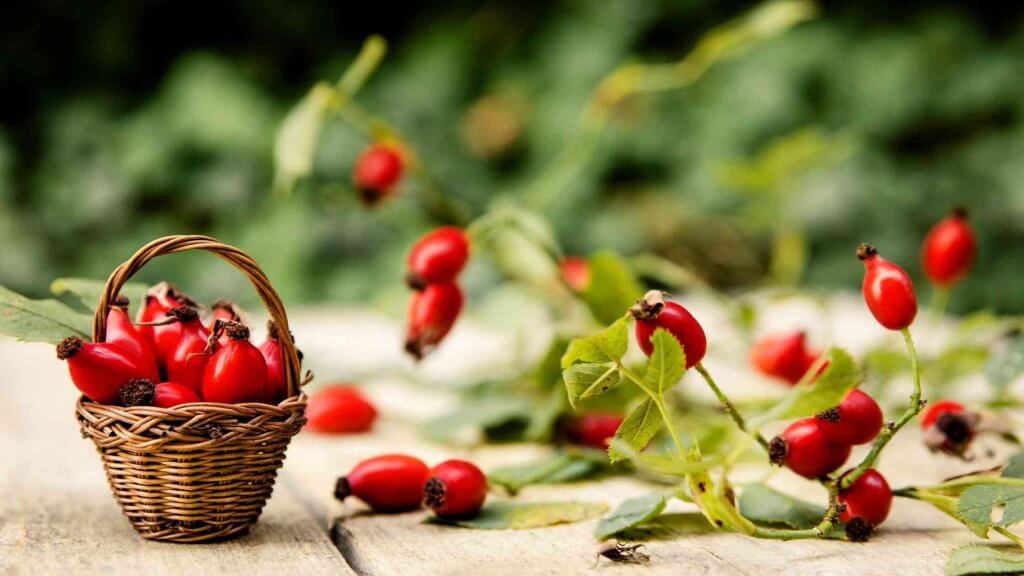
Rose hips are an important component of our Stress Tea, as they are known to contain one of the highest natural plant sources of vitamin C available – as much as 20% more than citrus fruit. According to « Super Herbs » by Rachel Landon, vitamin C from rose hips is much easier to assimilate by the body than synthetic vitamin C supplements.
Rose hip’s antioxidant activity is due to its content in polyphenols, vitamins C, E, B, and carotenoids. Due to its phytochemical composition, rose hip is an interesting therapeutic option for those disorders which involve oxidative stress.
Do Rose hips contain antioxidants?
Rose hips provide a natural source of antioxidants to fight high levels of free radicals and reduce oxidative stress produced by anxiety, pollutants, dietary, or unhealthy lifestyle.
Skullcap
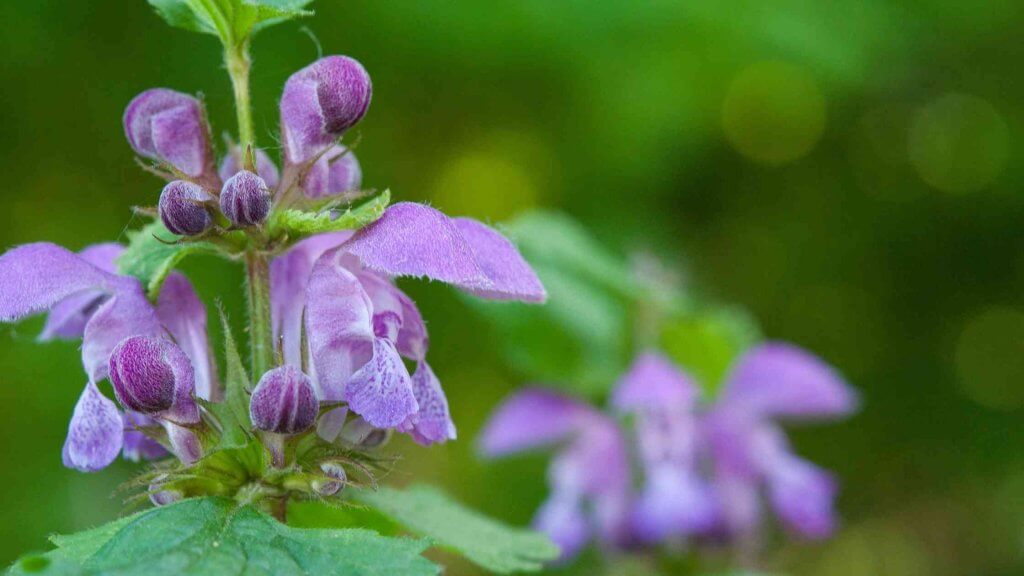
Skullcap has been used for over 200 years as a mild relaxant and for therapy of anxiety, stress, insomnia, and nervous tension. Skullcap is well-known to pair well with valerian making it a great sedative combination, one of the ingredients in our Great Taste Award-winning Sleep Well Tea. Skullcap contains flavonoids and active compounds giving it sedative and antispasmodic qualities.
Studies have shown that skullcap contains a good amount of antioxidants, which may help protect against neurological disorders, such as Alzheimer’s disease, Parkinson’s disease, anxiety, and depression. Nowadays, a combination of other relaxing herbs such as components from Stress tea is combined with skullcap to produce a wonderfully relaxing tea.
Does skullcap interact with sleep medication?
Skullcap can increase the effect of sedative drugs and should therefore be avoided in conjunction with sleep medication.
Does skullcap decrease anxiety?
Skullcap is a nervine tonic and helps relieve anxiety.
Lemon Balm
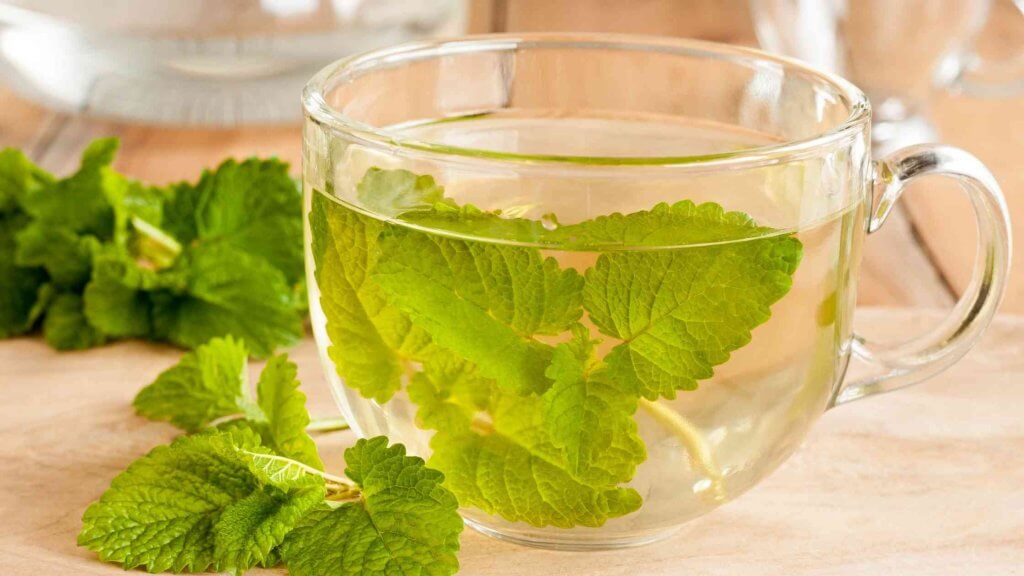
Lemon balm has a long tradition for being a tonic remedy that raises the spirits and comforts the heart. Today, it is still used by herbalists as a relaxing tonic for anxiety, mild depression, restlessness, and irritability. It helps reduce feelings of nervousness and panic and will often quieten down a racing heart, being a valuable remedy for palpitations of a nervous origin. Lemon balm is also useful when over-anxiety is causing digestive problems such as indigestion, acidity, nausea, bloating, and colicky pains. New research also shows that lemon balm can help significantly in the treatment of cold sores – cold sores can erupt during stressful episodes.
It is reported that the best way to take lemon balm where anti-stress and cognitive effects are delivered effectively to the body is through food and drink consumption.
Does lemon balm make you sleepy?
Lemon balm can cause sleepiness and drowsiness
How does lemon balm work?
Lemon balm contains certain compounds that have relaxing and sedative effects
Lemon Verbena
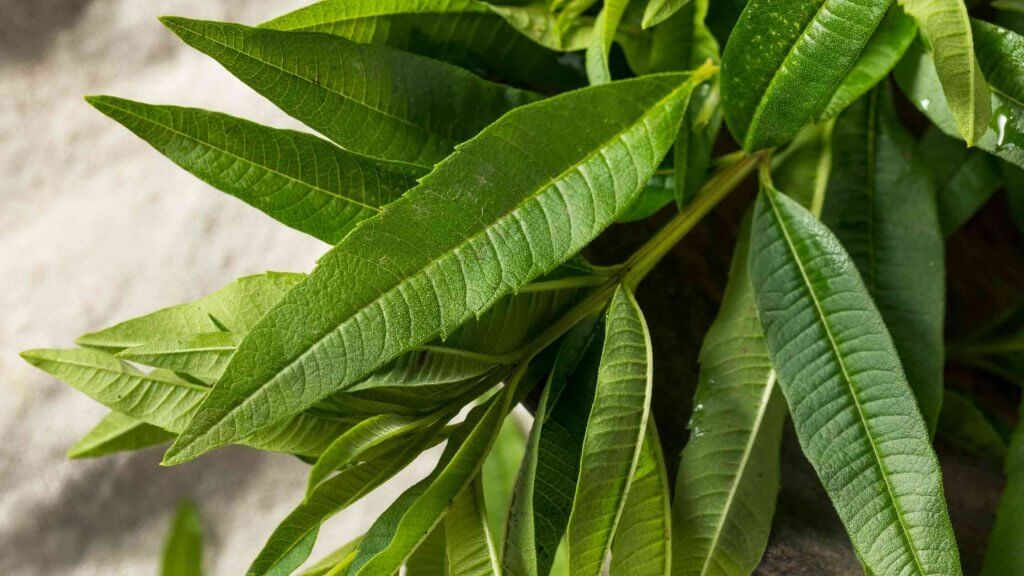
Lemon verbena is native to South America and contains volatile oil with tannins and flavonoids. It is an undervalued medicinal herb, and shares qualities with lemon balm. Both herbs contain a strong lemon-scented volatile oil that has calming and digestive properties. Lemon verbena has a gentle sedative action and a reputation for soothing abdominal discomfort.
Its tonic effect on the nervous system is less pronounced that of lemon balm, but nonetheless helps lift the spirit and counter depression.
Conclusion
How to manage stress?
Stress and anxiety are part of everyday life and sometimes it motivates us to get things done but also too much stress and anxiety can start to create ill health and overall disharmony. Simple steps such as eating a clean and healthy diet, taking up gentle exercises such as yoga or daily walks, cutting back on caffeine, drinking more herbal teas and water with meditation rituals such as long baths, listening to calming music, or reading a book can do wonders for mental and physical health.







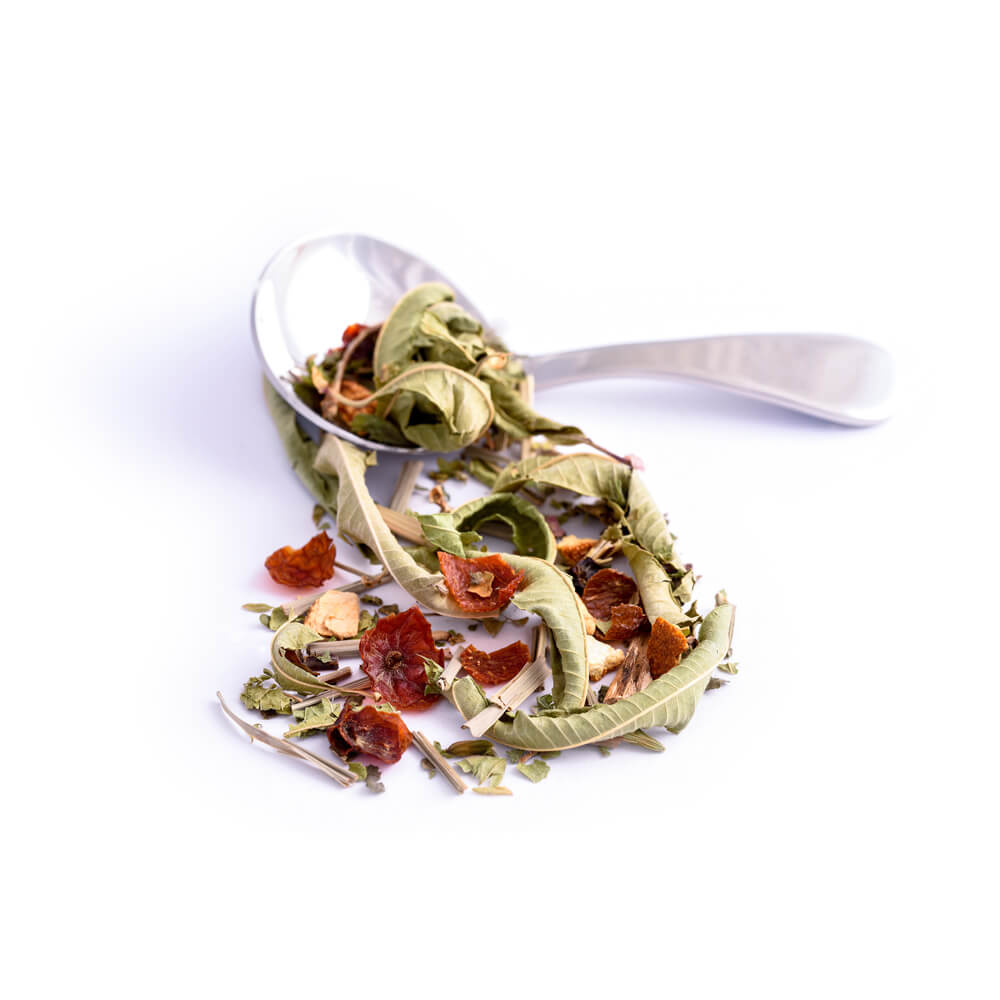
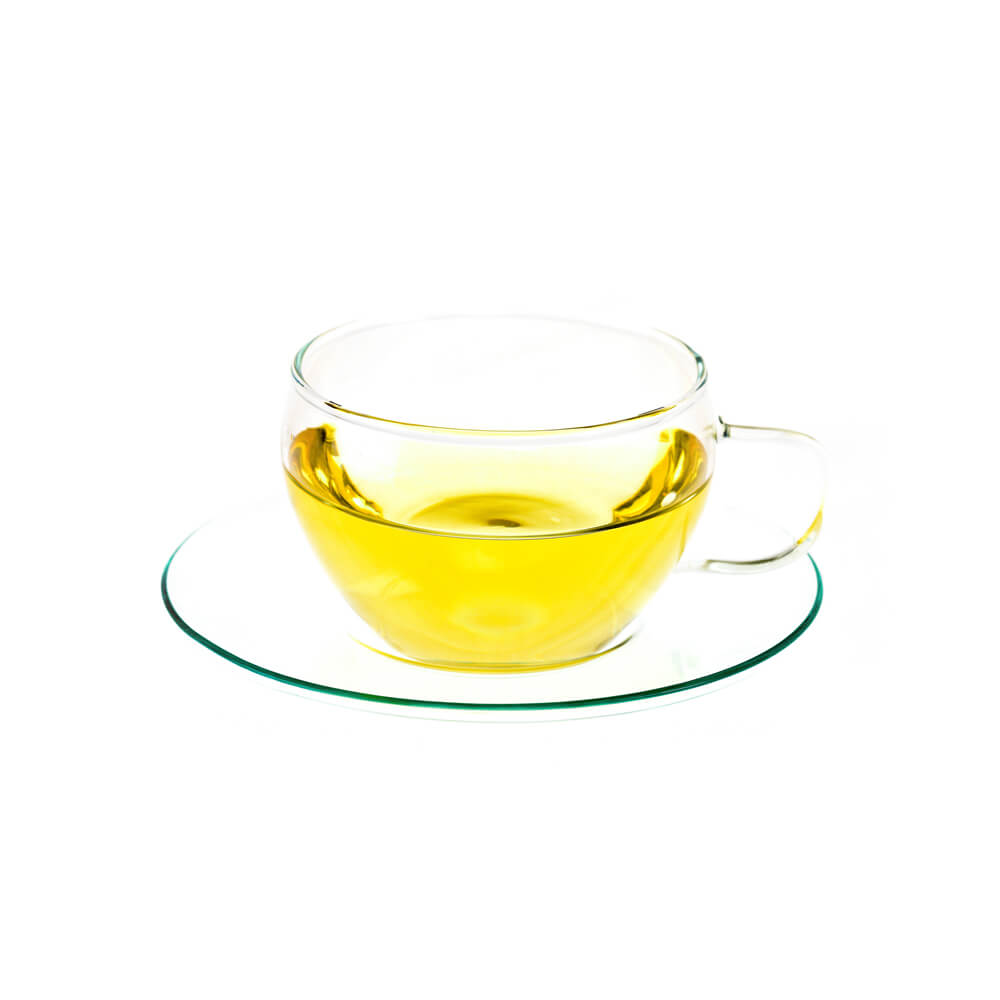
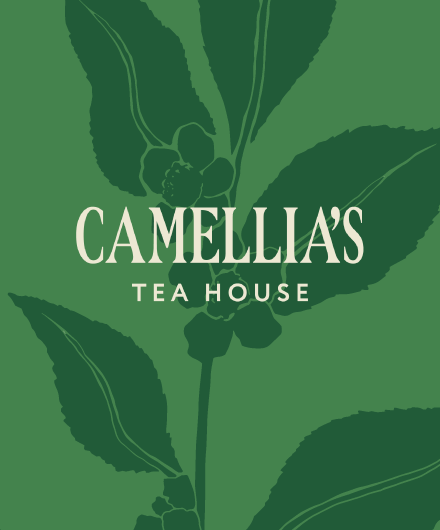
COMMENTS